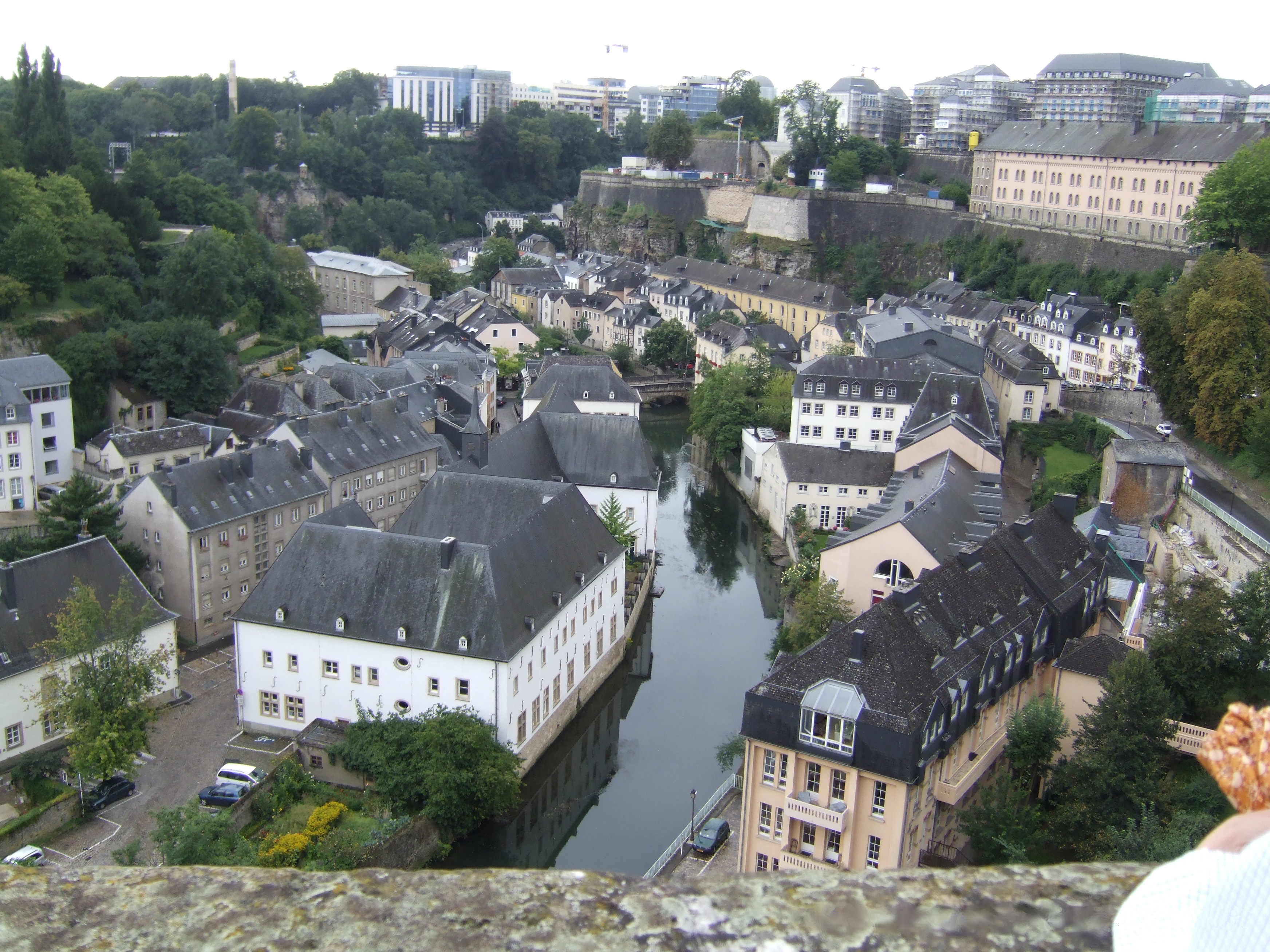4° Meeting Luxemburg

Date: 02-06 November 2017
Language: English
Participants: European partners of NEST project
Responsible: Christiane Stein
Trainers: Marco Provenzale
Organizer: Amu Luxemburg
Sponsored: Erasmus+ Programme
Meeting Argoments:
INTRODUCTION TO EU PROJECT MANAGEMENT
Ice-breaking activity: sharing of the expectations of the participants
- EU funding: policies – EU priority and 2020 strategy frame work
- Find a topic on which to work to develop project proposals
- Programs identified as areas of interest of the participating organizations: ERASMUS + (exchanges, educators mobility, capacity building, EVS, SPORT), Europe for citizens, REC Rights Equality and Citizenship (Intercultural Dialogue – Anti-Racism – Inter-religious Dialogue, minors, migrants).
- For each project are briefly exposed: Reference agencies, goals, sites where to find the calls, an example of a form, an example of a project, recently selected project lists, compilation guidelines.
Work groups (3 groups are formed)
- 1 (WHY, WHO?): association presentation (CV), analysis of needs, objectives, identification of potential stakeholders and their interest / contribution in the partnership
- Plenary sharing and comments
BASIC ASPECTS FOR THE EU PROJECT MANAGEMENT
- Access Criteria (portal inscription, PIC code and validation, legal / administrative aspects).
- Summary of the project cycle, already discussed in previous sessions: focus on indicators, methodology, monitoring.
- Strengths and weaknesses of the network with respect to the project management, through the presentation of external evaluations of some funded projects and others excluded
- Comments and dialogue between the participants.
- Working groups: work methodology, indicators, timeline, evaluation (how, when?) (1 h)
- Plenary sharing and comments
PARTNERSHIPS AND MANAGEMENT
MORNING:
- Approach and procedures with respect to the project management: Presentation of the preliminary project form shared among the partners as a working method of the network.
- Working groups: to share the internal management of the project by identifying tasks / roles and distributing them among the different partners
- Plenary and sharing: examples of European projects management will be presented.
AFTERNOON:
- Sustainability of the projects: examples
- SWOT analysis (weaknesses – risks – opportunities) and economic sustainability of the project(1 h)
- Plenary sharing and comments
SPECIFIC SESSION DEDICATED TO SVE, EUROPEAN VOLUNTEER SERVICE
MORNING:
- introduction to international volunteering
- EVS charter and distinction between coordinating – sending – receiving organization
- EVS accreditation guidelines
- Dialogue: Questions and answers.
Pomeriggio:
- Working groups: identification of training paths for the volunteer, modalities of accompaniment, post-experience.
- Plenary and sharing
FUTURE PROSPECTS OF THE NETWORK
MORNING:
- Evaluation of the training program
- Identification of a shared work plan for 2018 (deadlines)
- Presentation of the NEST platform
